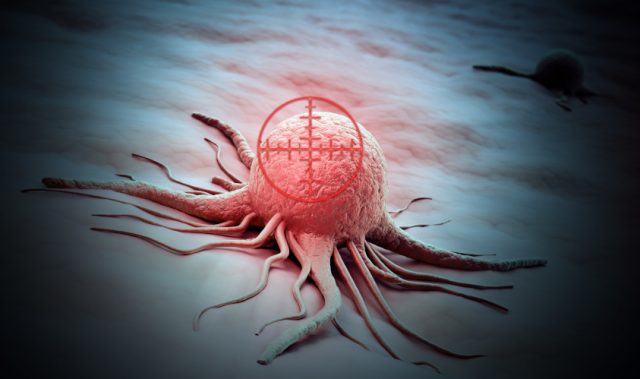
AsianScientist (Mar. 19, 2012) – A recent study by National University of Singapore (NUS) researchers has revealed that Asian breast cancer patients who had received or were undergoing chemotherapy treatment showed symptoms of “chemobrain,” in which they encounter memory loss, difficulty in decision making, and speech problems.
In a first-ever qualitative study conducted among Asians published in the journal Annals of Oncology, Associate Professor Alexandre Chan and graduate student Ms. Cheung Yin Ting from the NUS Department of Pharmacy studied 43 breast cancer patients who had completed, or were receiving chemotherapy treatment.
Chemotherapy is associated with a host of side effects which commonly include hair loss and severe nausea. The team found that most patients were not aware of the potential cognitive disturbances that may result after cancer treatment.
Instead, the patients attributed the lapse in their cognitive functions to fatigue, anxiety, and mood changes, citing the overwhelming physical side-effects of chemotherapy as a reason for being less aware of the cognitive changes.
Married participants expressed frustration as cognitive deterioration had limited their roles as homemakers, often rendering them unable to fulfill their duties as mothers and wives in the family.
These findings are consistent with similar studies conducted on Caucasian patients.
To cope with their reduced cognitive abilities and to prevent further deterioration, the participants turned to intellectually stimulating activities such as mahjong and practiced qi gong. Some participants also consumed complementary alternative medicines such as walnut and ginkgo extracts to regulate their moods and to reduce fatigue.
“Our study showed that post-chemotherapy cognitive changes have significantly impacted the family and working lives of Asian cancer patients. As there is evidence that cognitive disturbances can differ among different Asian ethnic groups, well-designed epidemiological studies are needed to quantify the prevalence, severity and impact of this problem in Asia,” said Chan.
“A culturally relevant approach should be adopted to evaluate and manage cognitive changes in these patients,” he added.
Chan and his team are currently conducting a prospective, large-scale, longitudinal study to evaluate the degree of cognitive changes experienced by local cancer patients.
The article can be found at: Cheung YT et al. (2012) Cognitive changes in multiethnic Asian breast cancer patients: a focus group study.
——
Source: National University of Singapore.
Disclaimer: This article does not necessarily reflect the views of AsianScientist or its staff.












